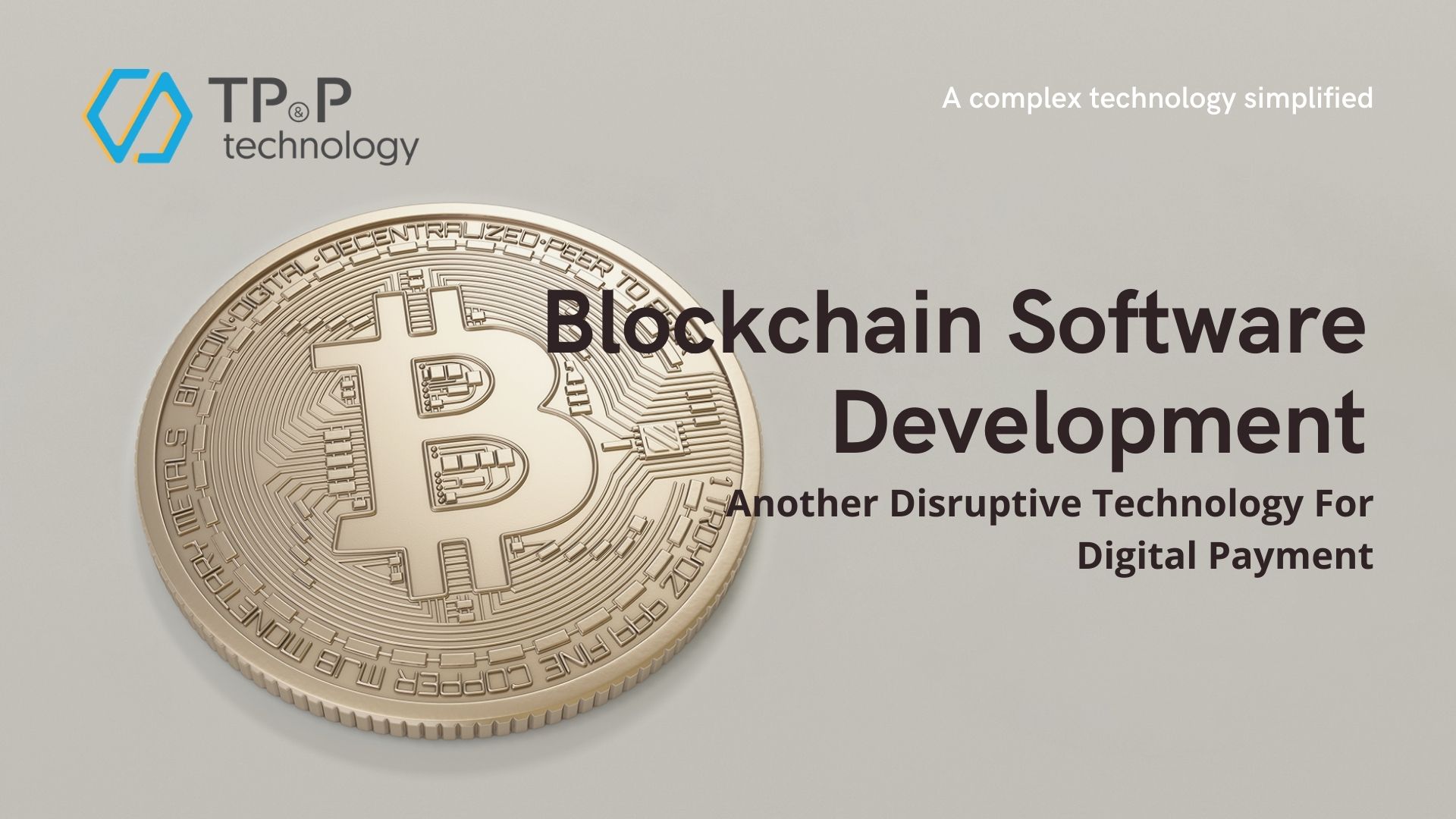
Blockchain Software Development: Another Disruptive Technology For Digital Payment
Digital payments have been emerging as a crucial tool for advanced financial inclusion. Almost every country in the world prefers digital payments due to the benefit it brings. Now with the COVID-19 epidemic underway, the digital payments landscape has been accelerating even further.
As you delve into digital payments, cashless systems, encrypted economies, and banking, you won't not knowing about the blockchain technology. This technology promises a practical solution to all storing, managing, and protecting data challenges.
Deloitte's 2020 Global Blockchain Survey reveals that 55% of respondents determined Blockchain would be one of their top 5 strategic business priorities over the next 24 months. While it has a ton of potential applications in various fields, it stands out most prominently in the financial payments sector, and mainly known for its use of digital currencies.
However, ignorance about its applications and lack of knowledge has left us on the surface of this technology only, we haven’t exploited its full potential. In this article, we will provide you information about why blockchain is a game-changing factor for any financial business, especially in the digital payments arena, if used properly.
An evolution or a revolution of technology?
Over the past 10 years of development in financial services, blockchain has definitely stood out from the rest. It is one of the top secure, transparent, and decentralized public ledger systems that have the capability to produce disruptive results in the payment arena. Most of the problems underlying that the financial services industry has to face can be addressed by blockchain technology.
However, in the Financial Services Technology 2020 and Beyond report conducted by FwC, 57 percent of the surveyee was unwilling and unsure whether they would use this technology despite the fact that half of them claiming that they understood and recognized its significant use. These dissonant and conflicting viewpoints indicate that although the benefits of blockchain technology are well-acknowledged, many companies and organizations struggle to apply it to their business models.
Blockchain systems can save business so much cost than existing platforms, plus generate revenue and capital relief. The World Economic Forum mentions that this cutting edge technology will fundamentally change the way financial institutions worldwide do business since it has the potential to lower the operating costs and making the financial services we’re using securer and more accessible. Not to mention, people with lower incomes can access financial services at a much affordable cost.
When applying blockchain technology to digital payment, it enables businesses to accelerate their transactions speed while creating and stimulating among all stakeholders.
Some people call blockchain a technological evolution, some say it’s a revolution. No matter how we call it, we all must admit that this innovation is disruptive technology.
How it changes digital payments
Blockchain - The factor of change
Almost more than half part of the global population, e-commerce business as well as traditional businesses, have come to embrace the new digital payment methods. This has also paved the way for an ecosystem of tech-savvy users. Blockchain is no longer a technological experiment, it is now viewed as an agent of change.
In digital payment, blockchain technology helps to streamline the whole process by cutting out the
When it comes to cross-border payments, blockchain helps streamline the entire process by cutting out all the intermediary. This removes unnecessary postponement. However, the most important feature of blockchain is its transparency.
For example, a distributed ledger system can help overcome the difficulty in keeping track of sales in the real estate industry, thereby reducing fraudulent transactions. Only one validation record is available in the entire system for any asset, clearly indicating the current status of ownership or transaction.
Blockchain can be deployed to manage pharmaceutical drug supply chains, records of educational certificates, or even land records’ transactions.
Confidentiality and transparency
With the aim to increase trust and transparency, blockchain is emerging as a viable technology to protect businesses from cyberattacks. The way information and data are stored in the blockchain makes it impossible to add, delete, or alter data without being discovered by other users. All participating members can record and view any transaction data encrypted on their blockchain. Blockchain creates an almost insurmountable wall between hackers and data. Therefore, it can be considered as one of the top security systems.
Blockchain also allows digital currency to maintain a trustworthy network of transactions - without having to depend on a central authority. Data is stored in the decentralized network, while no entity controls the ledger. This helps to solve the common problem of trust in trading. Due to the benefits of trust, security, and mitigate risks, we are seeing an increase in blockchain adoption and investment in blockchain technology. Together with enterprise applications and facilitate global currency transactions.
Conclusion
Some industries are already being molded by blockchain technology. In the financial industry, it’s the digital payment aspect. We can clearly see blockchain’s ground-breaking potential; however, adopting and scaling a blockchain project is another thing.
As one of the top Vietnam Software Outsourcing and Blockchain development companies in Vietnam, we are proud to connect you with our top software developers. Contact us now to know more about your option.


